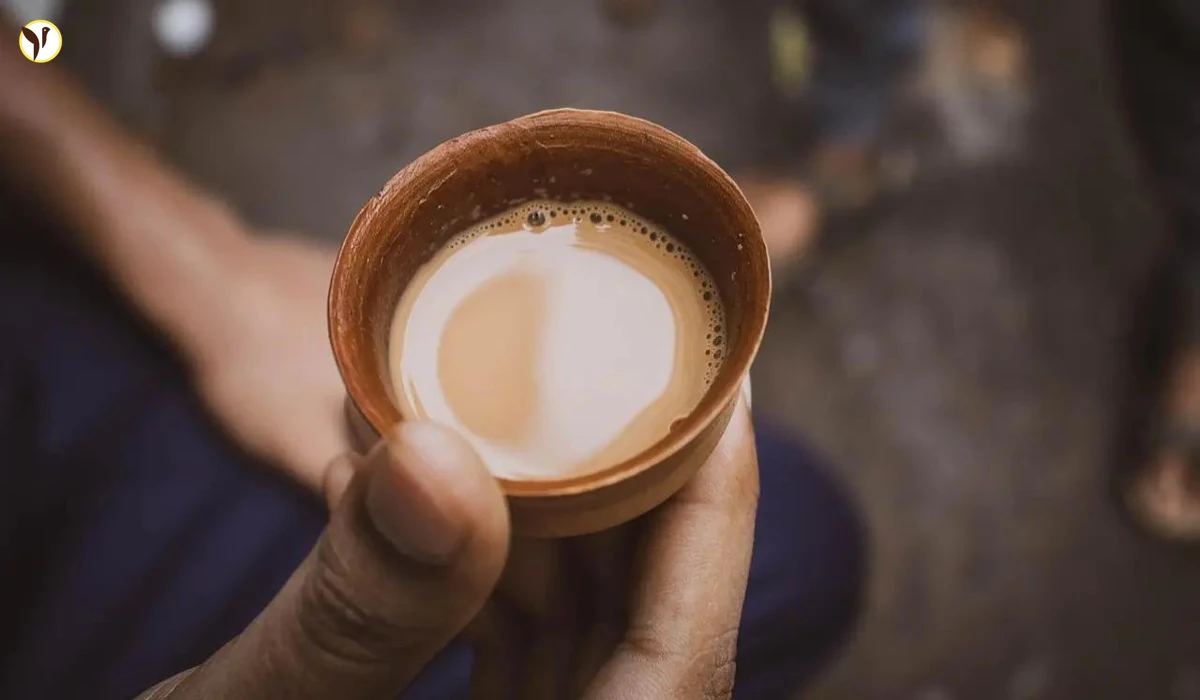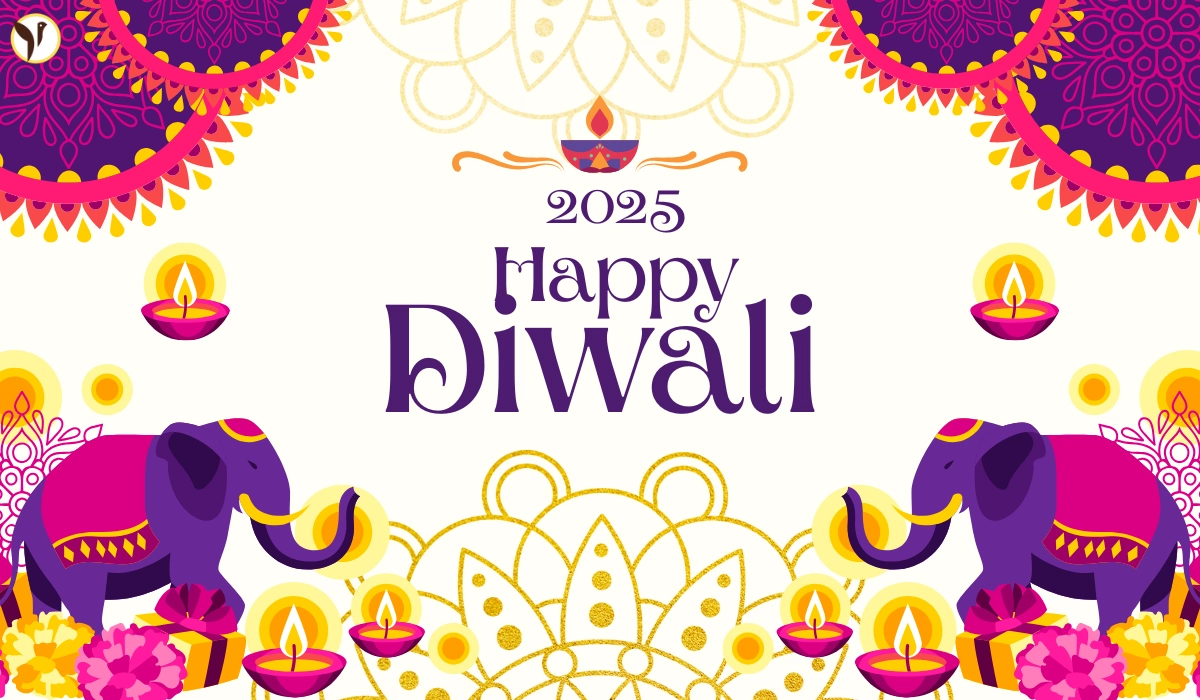International Tea Day: More Than Just a Cuppa
Okay, so it’s International Tea Day – May 21st, in case you’re wondering – and I’m already halfway through my second cup. But this isn't just about my caffeine fix; it’s about celebrating the incredible world of tea, especially the amazing variety found right here in India.
A Journey Through India's Tea Gardens
India’s tea scene is seriously diverse. We’re talking way beyond your average tea bag. Think vibrant spices, fragrant herbs, and teas with unique regional flavors reflecting the incredible landscapes where they’re grown. I mean, have you ever tried Kashmiri Kahwa? It's a green tea infused with saffron and warming spices – utterly divine!
Regional Treasures and Their Benefits
Dr. Simrat Kathuria, a renowned dietician, breaks it down beautifully: each region boasts its own special blend with specific health perks.
- Kashmiri Kahwa: This spiced green tea is amazing for digestion and immunity. The cinnamon and cardamom give it a lovely warming effect, perfect for those chilly Kashmir days.
- Assam Black Teas: These are bolder, richer brews. The theaflavins are excellent for heart health and give you a nice energy boost—ideal for those early mornings.
- Nilgiri Tea: From the southern hills, it’s lighter and floral, gentler on the stomach but still packed with antioxidant polyphenols.
And let's not forget Indian green teas! They’re brimming with catechins, particularly EGCG, which is great for fighting oxidative stress, boosting metabolism, and even aiding fat burning. Kathuria suggests enjoying them iced with lemon and mint in the summer – refreshing!
Beyond the Brew: Herbal Infusions and Smart Additions
Herbal infusions are another huge part of India's tea story. Think Tulsi (holy basil) with its antibacterial and anti-inflammatory properties, or soothing ginger tea perfect for upset stomachs. Cardamom tea freshens breath and even detoxifies. And don't even get me started on the endless possibilities with added spices like ajwain and fennel – grandma's wisdom truly reigns supreme.
But what about adding milk or sugar? Dr. Ridhima Khamsera, a clinical dietitian, sheds light on that too. Milk alters the chemistry, reducing some antioxidants but boosting calcium absorption. Swap refined sugar for jaggery to add extra iron, magnesium, and potassium.
Brewing for Maximum Benefit
Want to truly unlock the goodness in your tea? Here are some expert tips from Dr. Khamsera:
- Vessel Matters: Clay pots are better for preserving antioxidants than metal ones. Glass is a safe neutral option.
- Temperature Control: Green tea shines at 75°C, while black tea prefers a hotter 96°C brew.
- Timing is Key: Mid-afternoon, or 30-45 minutes after exercise, is ideal. Avoid drinking tea immediately after meals to maximize iron absorption.
- Medication Interactions: Always check with your doctor about potential interactions between tea and your medications.
More Than Just a Drink
International Tea Day isn't just about the delightful taste; it's about recognizing the rich culture, the hardworking people behind the tea industry, and the sustainable practices needed to ensure its future. So, grab your favorite cup, reflect on the journey of your tea, and let's raise a toast to this amazing beverage!









